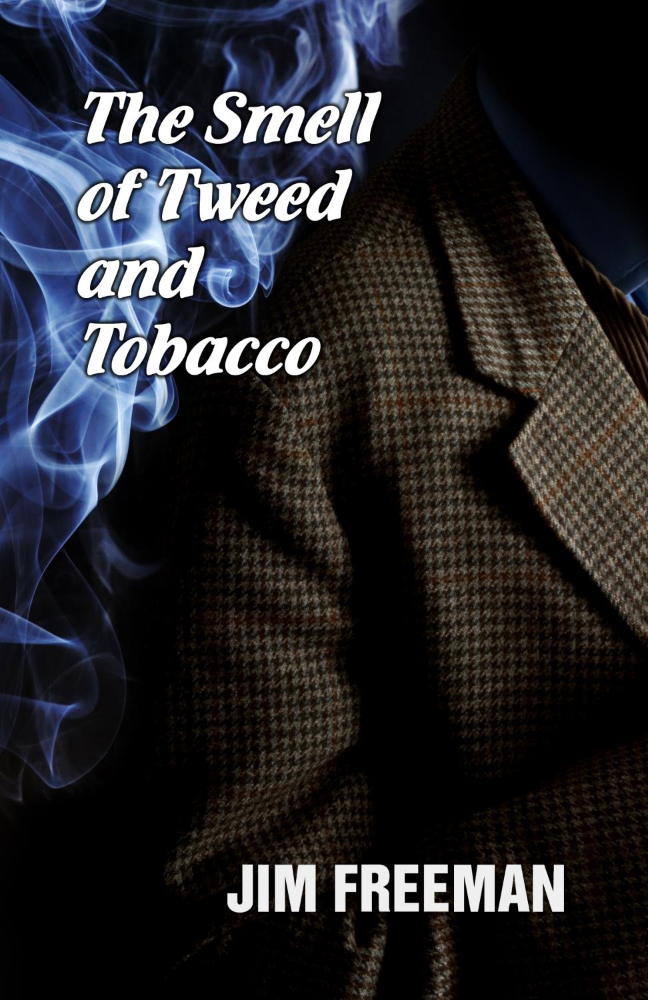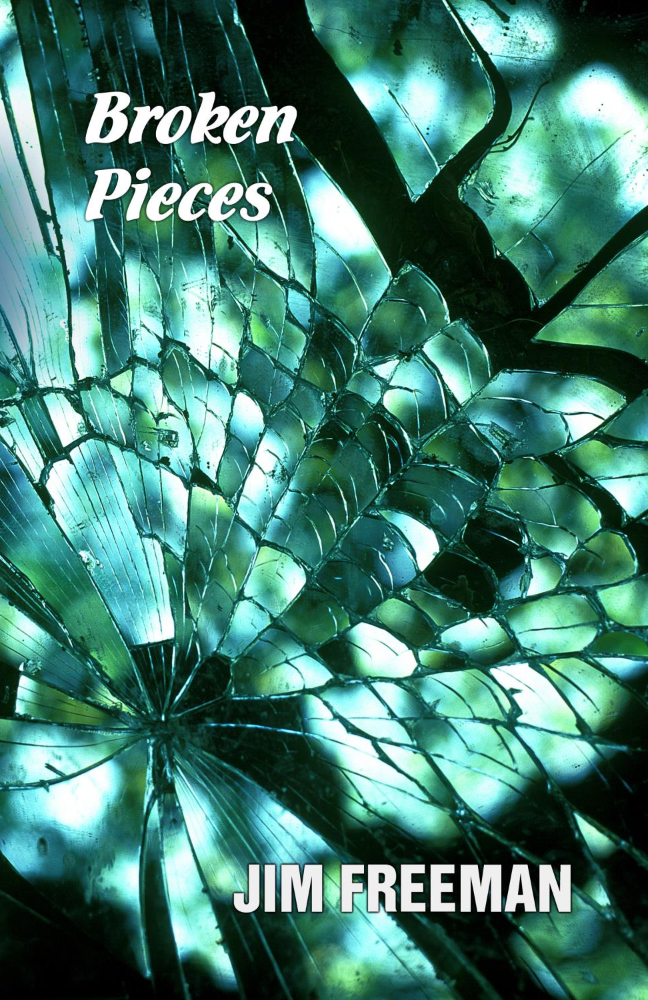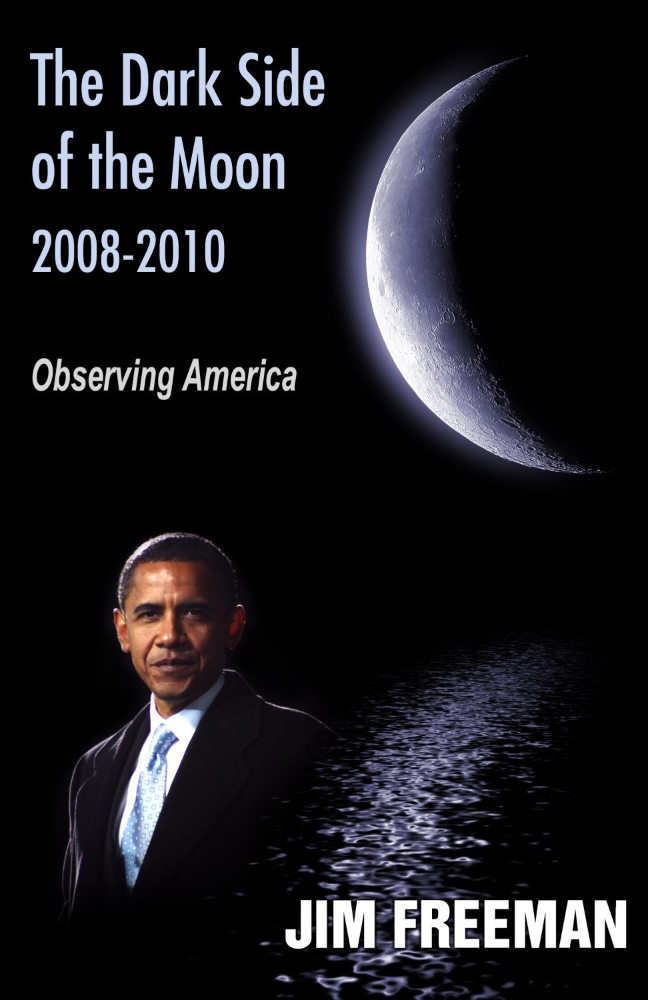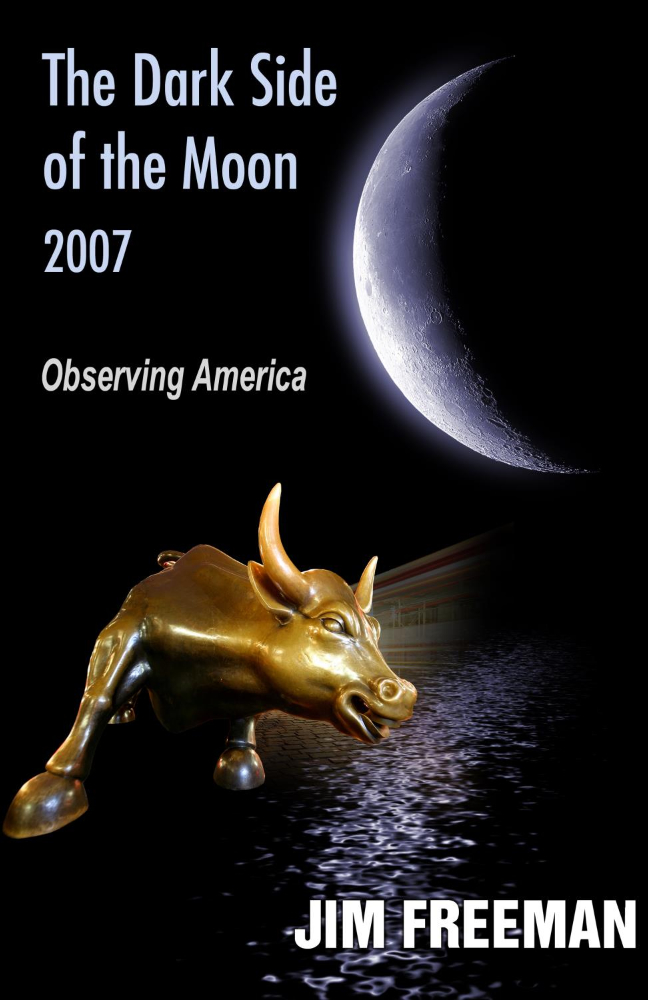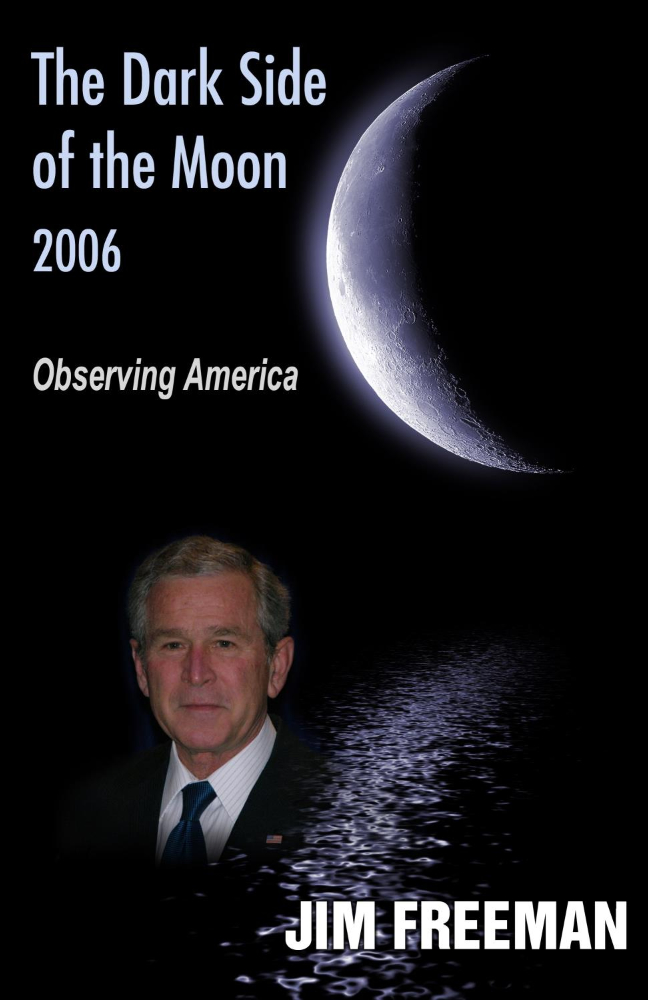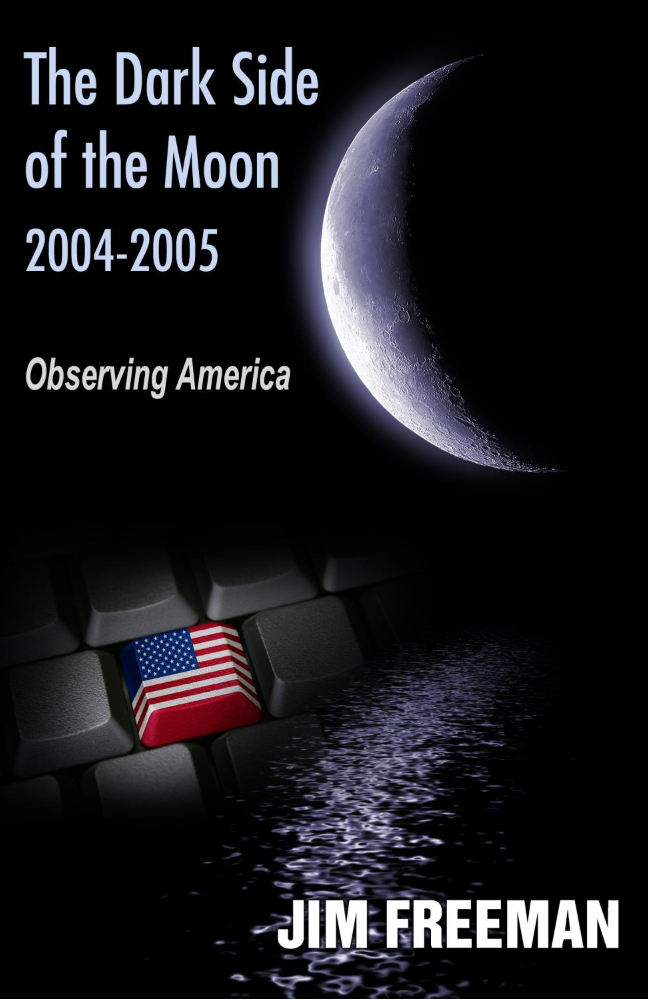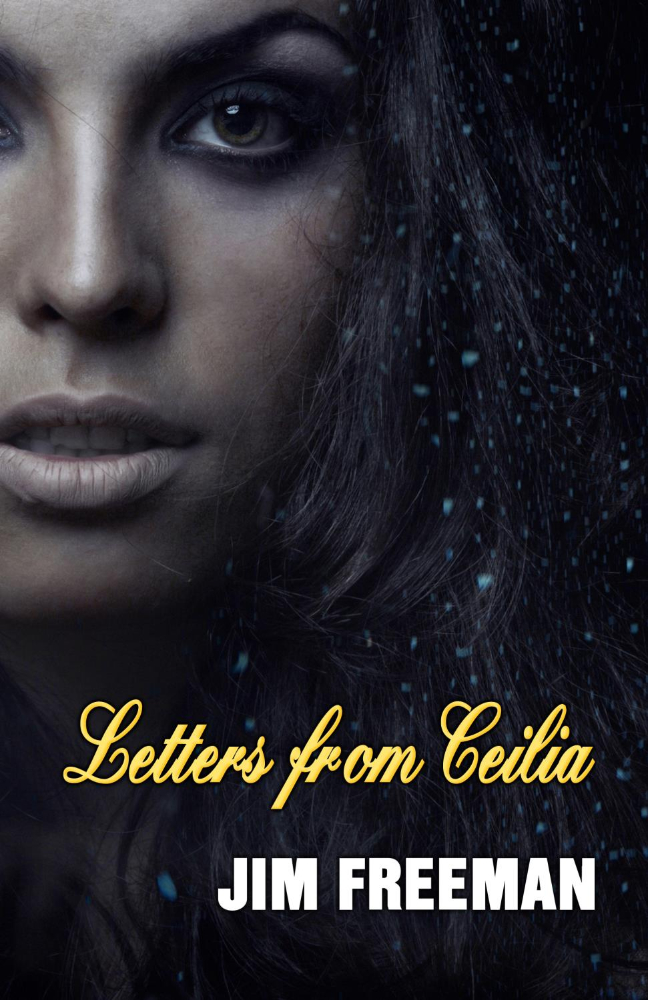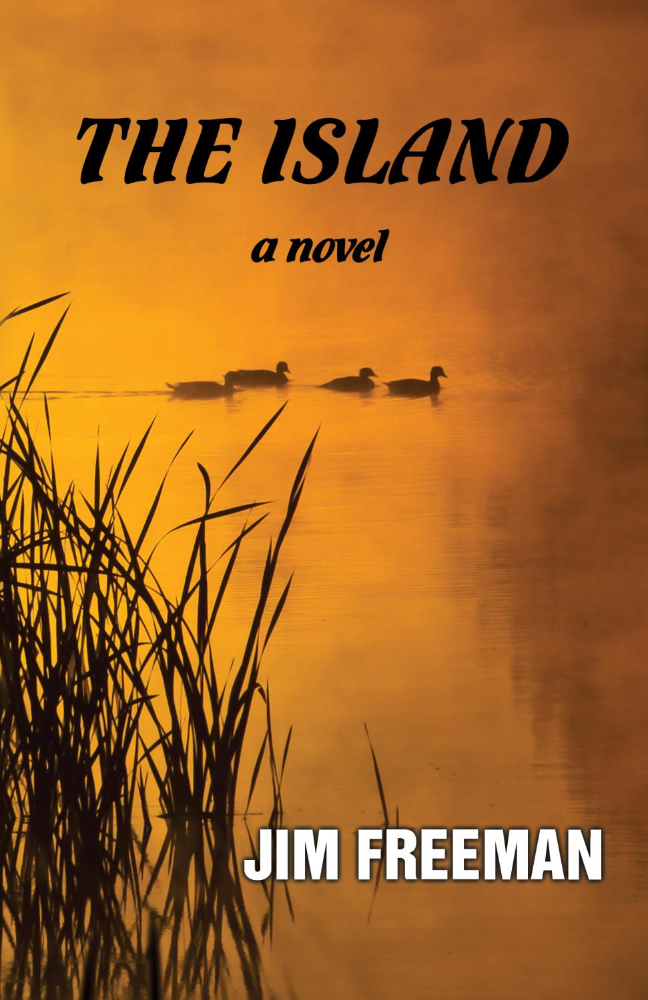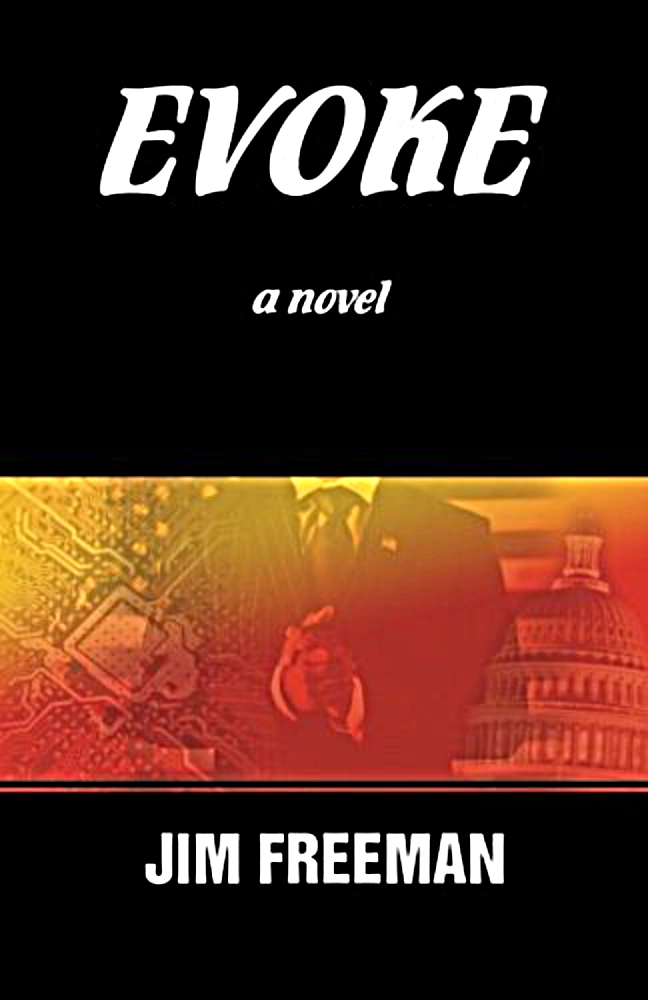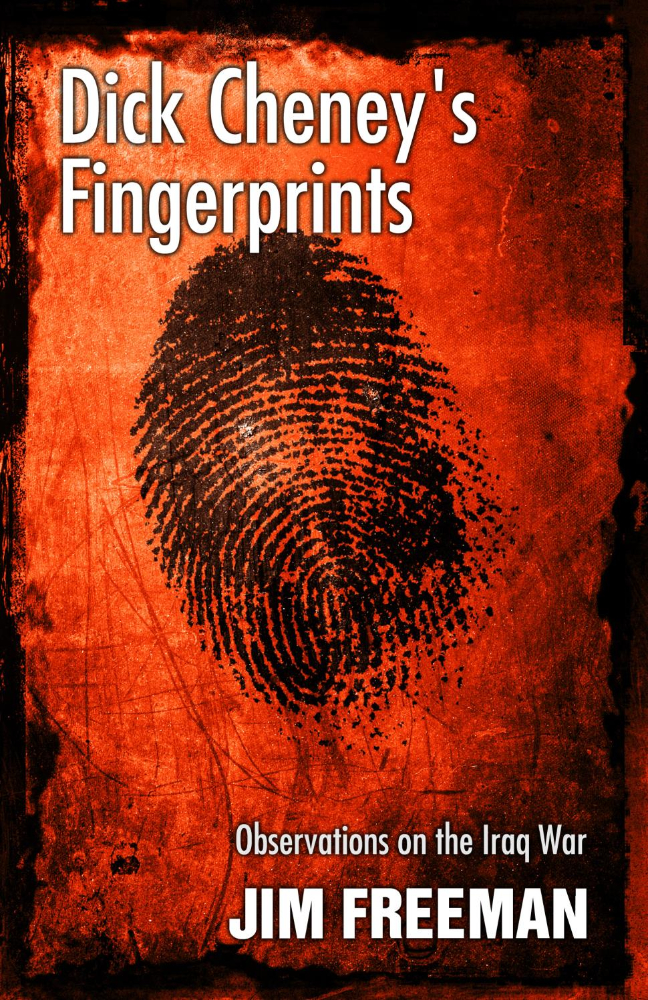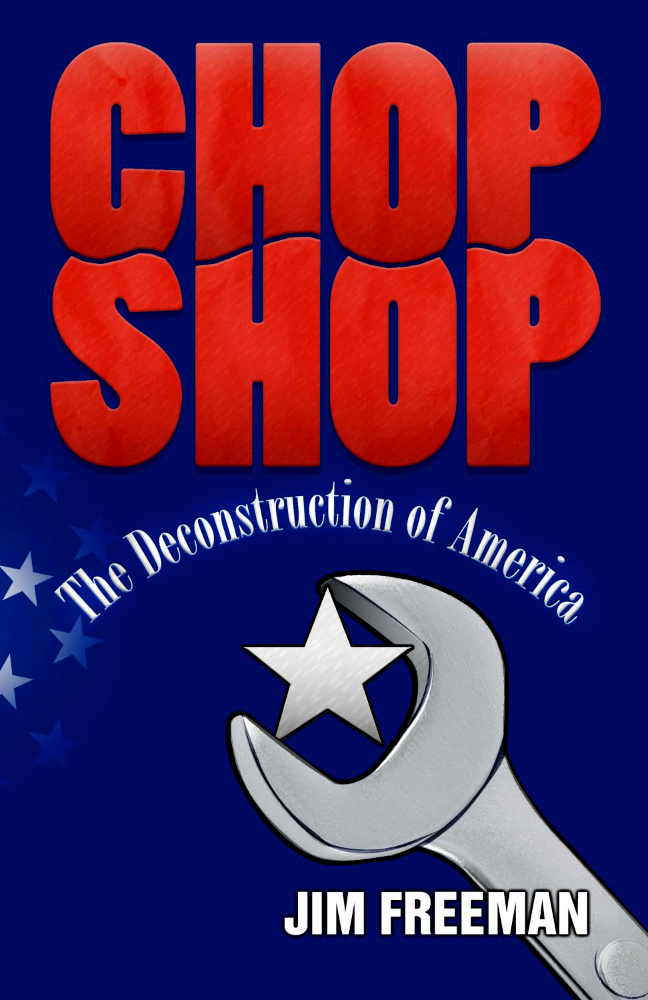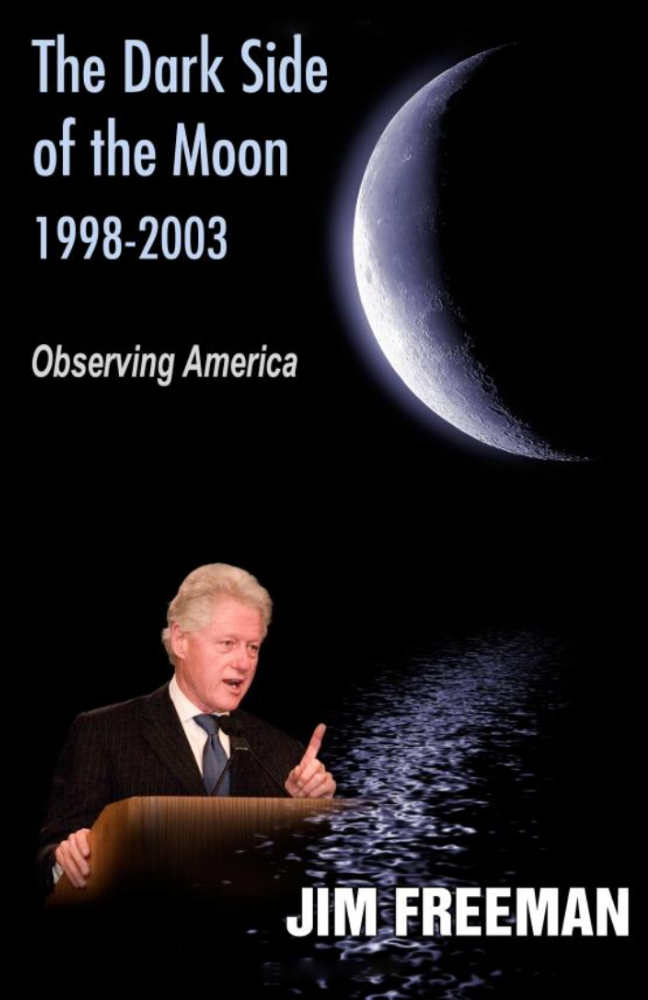Non-fiction is all too often ignored by the novice writer looking to be the next Hemingway or John Le Carre. But it’s a captivating and powerful form of expression that allows writers to delve into the realms of reality, explore human experiences, and shed light on various subjects with depth and clarity.
Unlike fiction, which must be shaped by the imagination, non-fiction demands a commitment to truth, accuracy, and meticulous research and that’s its strength for the new writer. While it covers a wide range of styles, from memoirs and biographies to journalistic articles and historical accounts, the difficult plotting of a novel is put aside while your tools are sharpened. It’s more of a dive-right-in experience than staring at the page and looking for inspiration. Chop-Shop, the Deconstruction of America very nearly wrote itself from the memories and experiences I witnessed as a businessman in the 50s, 60s and 70s.
Aside from getting your facts straight and authenticating references, the heart of non-fiction lies in the ability to engage readers with compelling narratives. The art lies in the ability to transform these raw materials into a cohesive and captivating narrative that enlightens, educates, and inspires readers. It’s a lovely way to learn to bang out copy, teaching the new author to write without hesitation and then edit, edit and edit once again.
Crafting a non-fiction piece also invites the new writer into a welcome understanding of structure and organization. Creating a logical flow of ideas and seamlessly connecting different sections are the building blocks for later techniques writing fiction, such as storytelling, vivid descriptions, and compelling anecdotes to captivate readers’ attention and sustain their interest throughout the piece.
Furthermore, non-fiction develops a mastery of language and an engaging writing style. That necessary balance between being informative and accessible, while using clear and concise language to convey complex ideas without compromising on depth and substance is the gateway to later commentary, fiction and even poetry. Breathing life into your work is a learned craft and writing well is but the beginning. The end-game came, at least for me, by reading generously among the authors that seemed to speak my language.
Personally, I’m merciless with my library, seldom reading a book without a yellow-marker by my side to highlight the phrases or paragraphs that stop me to say wow.
So if you aim to be a writer other writers underline, think about doing a few non-fiction pieces before taking the deep dive into a novel. Learn to maintain an objective point of view while still engaging with the subject. It’s a multifaceted and demanding discipline that requires a harmonious blend of meticulous research, compelling storytelling, and engaging writing style.
What better place to learn the trade? Not only that, but there are usually more readily available markets for well written non-fiction than struggling first novels.
The ultimate game is to write in such a manner that, years later, when you pull one of your books off the shelf it still gives you a sense of wow.

